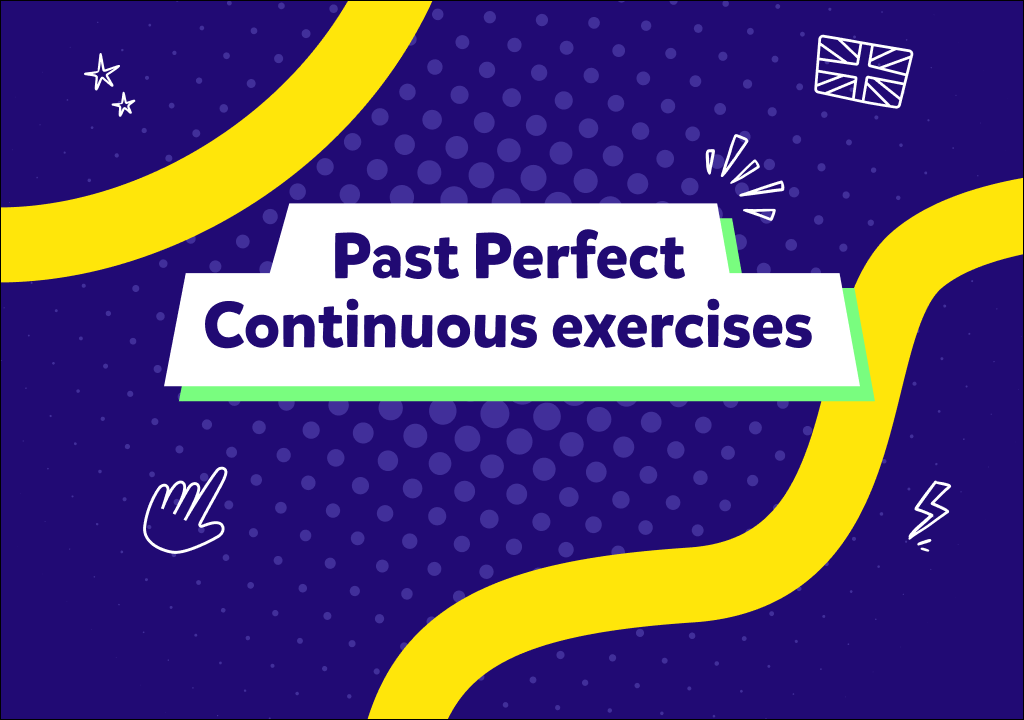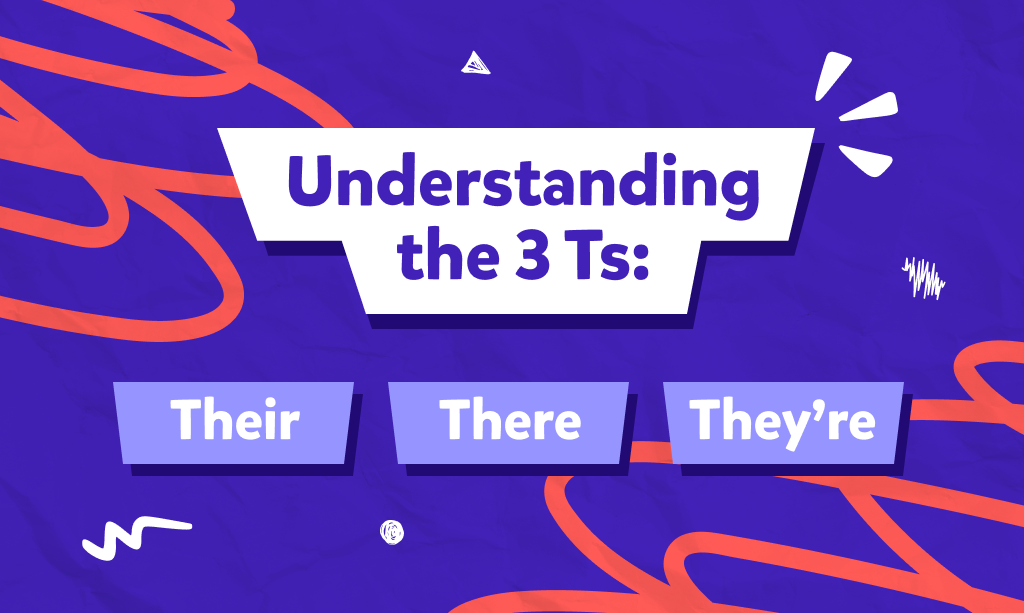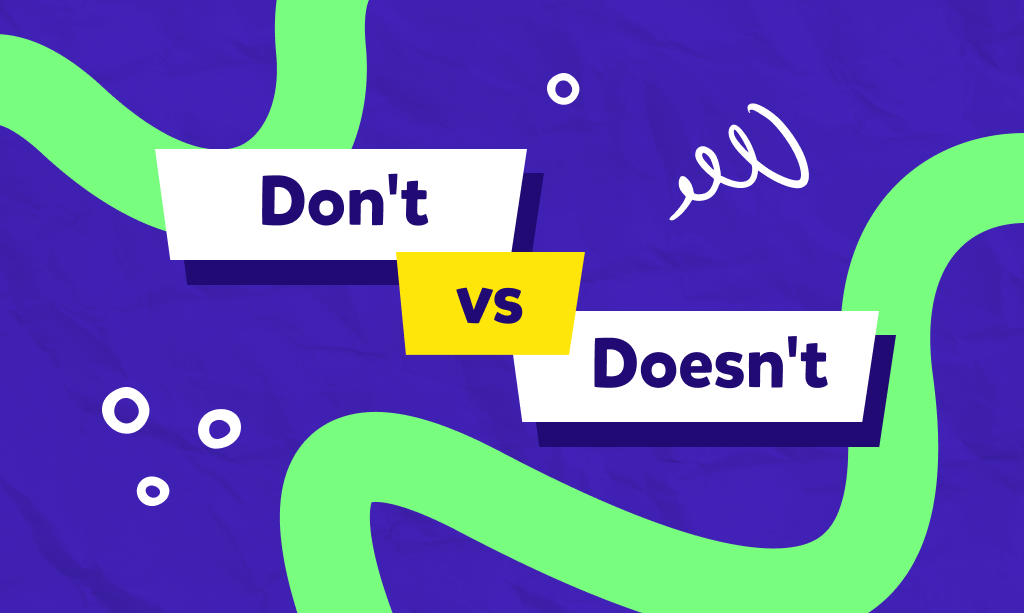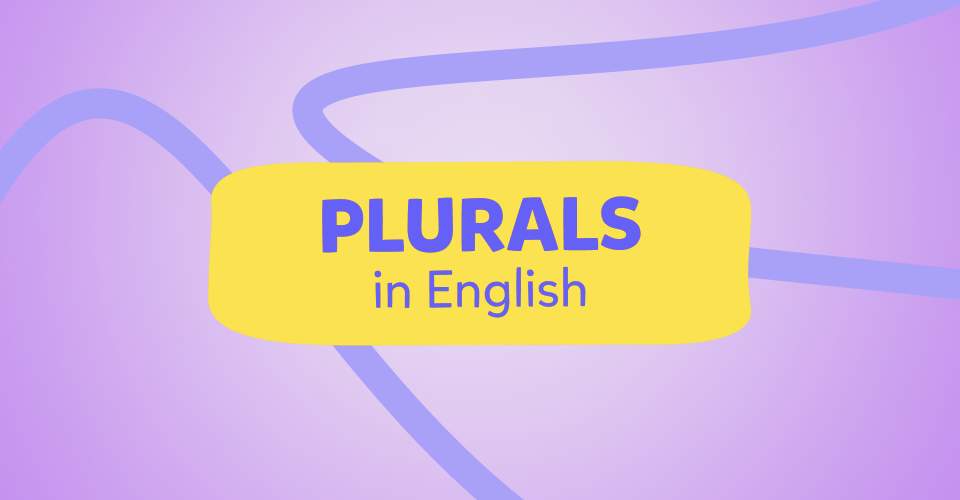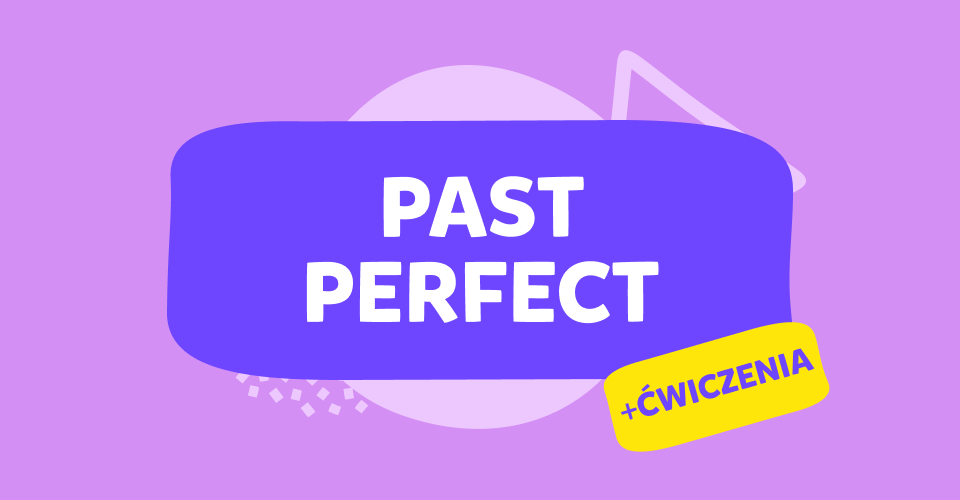Past Perfect Continuous ćwiczenia online: praktyczne zadania do rozwiązania
- Past Perfect Continuous praktyczne zadania do rozwiązywania
- Ćwiczenia "uzupełnij lukę" (fill the gap)
- Ćwiczenia "wybierz poprawną odpowiedź"
- Ćwiczenia i testy z dialogami
Past Perfect Continuous (czas przeszły dokonany ciągły) to czas gramatyczny w języku angielskim, który służy do opisywania czynności, które rozpoczęły się i trwały przez jakiś czas w przeszłości, przed innym wydarzeniem w przeszłości. Używamy go, gdy chcemy podkreślić, że jedna czynność była w trakcie, gdy rozpoczęła się inna. Wyobraź sobie, że opowiadasz o tym, co robiłeś, gdy ktoś do ciebie przyszedł. Właśnie wtedy przyda Ci się Past Perfect Continuous.
Aby lepiej zrozumieć ten czas i nauczyć się go poprawnie używać, potrzebujesz odpowiednich ćwiczeń. Dlatego przygotowaliśmy dla Ciebie interaktywne zadania, które pomogą Ci utrwalić zastosowanie Past Perfect Continuous w różnych kontekstach. Ćwicząc regularnie, szybko poczujesz się pewniej w mówieniu i pisaniu po angielsku!
Past Perfect Continuous praktyczne zadania do rozwiązywania
Poniżej przygotowaliśmy trzy rodzaje ćwiczeń, które pomogą Ci lepiej zrozumieć i utrwalić czas Past Perfect Continuous. Znajdziesz tu zadania typu „wypełnij lukę”, gdzie uzupełnisz zdania odpowiednią formą czasownika, testy wyboru, w których wskażesz poprawną odpowiedź, oraz ćwiczenia polegające na uzupełnianiu dialogów. Te zadania pozwolą Ci usystematyzować wiedzę, sprawdzając jednocześnie, jak dobrze radzisz sobie z używaniem Past Perfect Continuous w różnych kontekstach.
Ćwiczenia "uzupełnij lukę" (fill the gap)
Czynności trwające przed innym wydarzeniem w przeszłości
Uzupełnij zdania odpowiednią formą czasownika. Poniższe ćwiczenia pomogą Ci utrwalić sobie, jak tworzyć złożone struktury gramatyczne niezbędne do szczegółowego opowiadania o przeszłych wydarzeniach i okolicznościach, które miały wpływ na późniejsze sytuacje.
When I called him, he ___ (sleep) for over eight hours. 
had been sleeping
They were exhausted because they ___ (run) in the park since early morning. 
had been running
By the time we got to the cinema, the movie ___ (start) already. 
had started
She ___ (wait) at the station for 20 minutes when the train finally arrived. 
had been waiting
I couldn't join the meeting because I ___ (work) on a project since noon. 
had been working
They ___ (argue) all evening by the time their parents got home. 
had been arguing
It was difficult to wake up early because I ___ (study) until very late. 
had been studying
By the time the police arrived, the thieves ___ (leave). 
had left
He was really knowledgeable about the subject because he ___ (research) it for months. 
had been researching
The ground was wet because it ___ (rain) since the previous night. 
had been raining
Przerwanie jednej czynności przez inną:
Uzupełnij zdania odpowiednią formą czasownika. Te ćwiczenia pomogą Ci nauczyć się, jak używać czasów gramatycznych do opisania zdarzeń, które zostały przerwane przez inne. Są przydatne w codziennym życiu, na przykład podczas opowiadania o niespodziewanych zdarzeniach lub wyjaśnianiu przyczyn przerw w rutynowych czynnościach
I ___ (wait) for the bus for half an hour when it finally arrived. 
had been waiting
We ___ (play) tennis when it started to rain. 
had been playing
She ___ (read) a book when the lights went out. 
had been reading
They ___ (walk) through the park when they saw a rare bird. 
had been walking
He ___ (cook) dinner when his friend called him. 
had been cooking
She ___ (study) for her exam when the alarm rang. 
had been studying
We ___ (watch) the movie when the power suddenly went off. 
had been watching
They ___ (discuss) the project when the boss entered the room. 
had been discussing
I ___ (sleep) deeply when the phone rang. 
had been sleeping
She ___ (drive) to work when she realized she forgot her documents. 
had been driving
Ćwiczenia "wybierz poprawną odpowiedź"
Wybór formy czasownika
Wybierz odpowiednią formę czasownika, aby uzupełnić zdania w czasie Past Perfect Continuous. Te ćwiczenia są zaprojektowane, aby pomóc Ci zrozumieć i utrwalić budowę zdań w tym czasie gramatycznym.
They had ___ (work) on the project for three months when it was finally approved. 
been working
She had ___ (study) for the exam all night before she finally fell asleep. 
been studying
We had ___ (drive) through the night when we decided to stop for breakfast. 
been driving
He had ___ (write) his book for two years when he finally finished the manuscript. 
been writing
They had ___ (argue) for hours when they realized it was pointless. 
been arguing
I had ___ (wait) at the airport for over four hours when the flight was canceled. 
been waiting
She had ___ (teach) at the university for several years when she moved abroad. 
been teaching
They had ___ (build) the house for over a year when they finally moved in. 
been building
He had ___ (try) to solve the problem for several hours when help arrived. 
been trying
She had ___ (look) for her lost keys for the whole morning when she found them in her bag. 
been looking
Wybór wyrażenia czasu
Wybierz odpowiednie wyrażenie czasu, aby uzupełnić zdania w czasie Past Perfect Continuous. Te ćwiczenia są zaprojektowane tak, aby pomóc Ci zrozumieć różnicę między „for” a „since”, które są kluczowe do opisywania okresów trwania czynności.
Przypomnienie. „For” jest używane do określania długości trwania czynności, natomiast „since” odnosi się do punktu początkowego trwania czynności w czasie. Opanowanie tych przedimków pozwala na precyzyjne opisywanie czasu trwania zdarzeń w przeszłości.
He had been writing his thesis ___ (for/since) January. 
since
They had been renovating their house ___ (for/since) several months. 
for
She had been looking forward to the vacation ___ (for/since) she booked her flights. 
since
I had been studying ___ (for/since) three hours when I decided to take a break. 
for
We had been discussing the issue ___ (for/since) the meeting started. 
since
She had been feeling unwell ___ (for/since) last week. 
for
They had been traveling ___ (for/since) the early morning. 
since
He had been working there ___ (for/since) he graduated from college. 
since
had been waiting ___ (for/since) the news for what seemed like forever. 
for
She had been jogging ___ (for/since) over an hour when it finally started to rain. 
for
Wybór pytania
Wybierz odpowiednią formę czasownika, aby uzupełnić pytania. Poniższe ćwiczenia pomogą Ci zrozumieć i utrwalić budowę pytań w czasie Past Perfect Continuous.
How long ____ (you/wait) when the show started? 
had you been waiting
Had he ____ (complete) the report before the meeting? 
completed
How much work ____ (she/finish) by the time you arrived? 
had she finished
Had they ____ (eat) dinner when you called them? 
eaten
How long ____ (they/drive) before they took a break? 
had they been driving
Had she ____ (study) all topics before the exam started? 
studied
How many books ____(he/read) before he turned 20? 
had he read
Had you ever ____ (visit) that museum before today? 
visited
How long ____ (she/live) in that house before she moved out? 
had she been living
Had they ____ (start) the project before funding was approved? 
started
Ćwiczenia i testy z dialogami
Przeczytaj poniższe zdania w czasie Past Perfect Continuous i uzupełnij brakujące formy czasownika. Poniższe przykłady naśladują realistyczne sytuacje komunikacyjne, co pozwala na ćwiczenie prawidłowych konstrukcji zdań i odmiany czasowników dla różnych osób.
Dialogi do uzupełnienia:
1.
Osoba A: How long ___ (you/work) on this project when the client called?
Osoba B: I ___ (work) on it since early morning.
Osoba A: ___ (you/fix) the car before it finally broke down?
Osoba B: Yes, I ___ (try) to fix it for hours but couldn’t find the problem.
Osoba A: Why ___ (he/complain) about the noise when I arrived?
Osoba B: He ___ (listen) to loud construction sounds all day.
Osoba A: ___ (they/travel) long when they got the flat tire?
Osoba B: Yes, they ___ (travel) through the mountains since dawn.
Osoba A: How long ___ (you/wait) for the doctor when you decided to leave?
Osoba B: I ___ (wait) there for nearly three hours.
Odpowiedzi 
- had you been working | had been working
- Had you been fixing | had been trying
- had he been complaining | had been listening
- had they been traveling | had been traveling
- had you been waiting | had been waiting
Aby w pełni zrozumieć i przyswoić zastosowania i gramatyczne zasady poszczególnych czasów takich jak Past Perfect Continuous, Past Continuous czy Past Simple, niezbędne są regularne i intensywne ćwiczenia. Skuteczna nauka języka angielskiego wymaga praktycznego stosowania wiedzy w codziennych sytuacjach, dlatego zachęcamy do zapisania się na kurs językowy w szkoły językowej online Novakid. Z pomocą naszych native speakerów, dzieci poznają gramatykę i rozbudowują słownictwo w przyjaznej i wspierającej atmosferze, dostosowanej do różnych poziomów zaawansowania. Zapisz swoje dziecko na darmową lekcję próbną angielskiego online i sprawdź, jak wyglądają zajęcia u nas!
































